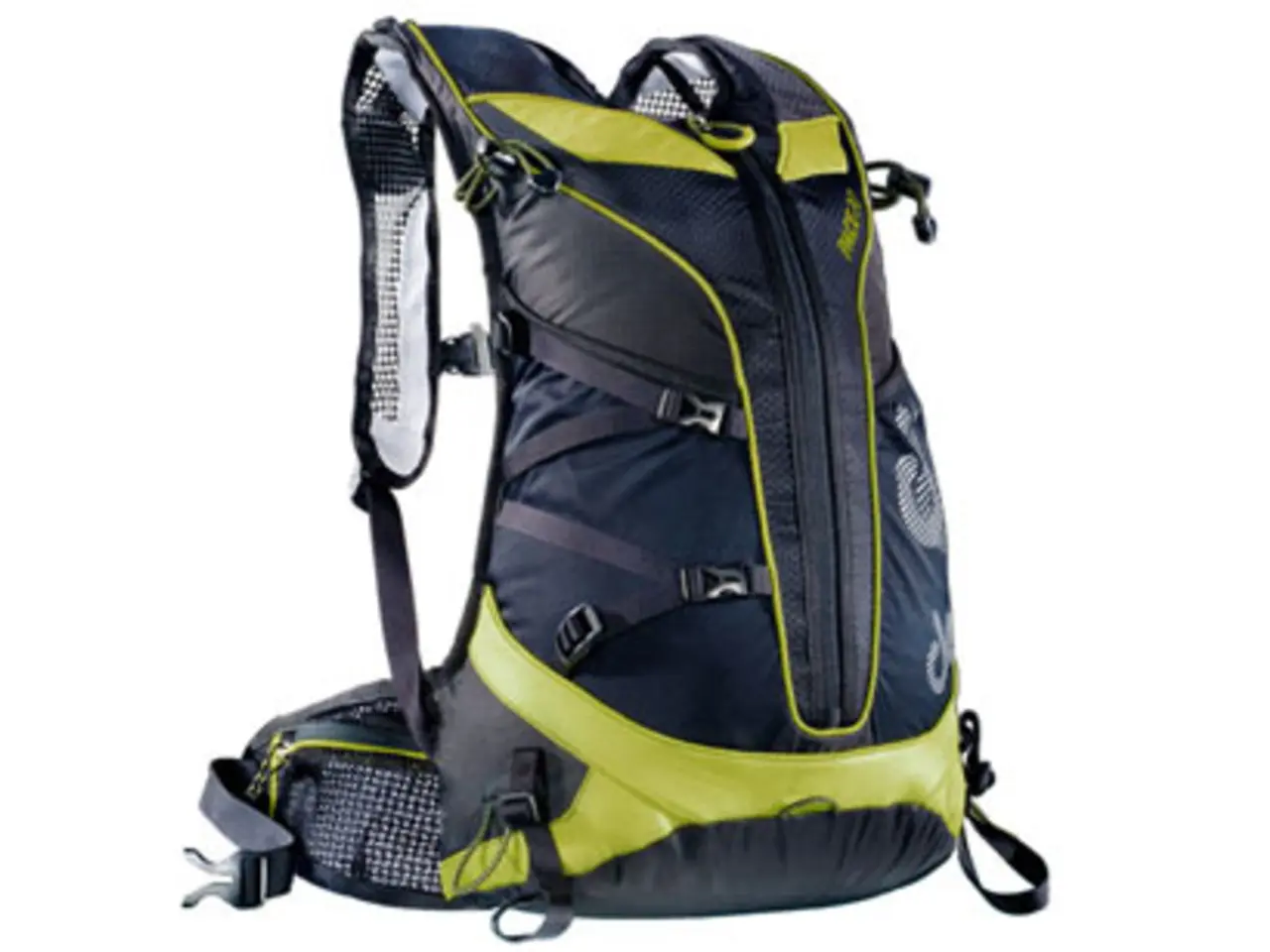Strategies for Coping with Summer Heatwave
Staying Safe in Hot Weather: A Guide for Germany
As the mercury rises, it's essential to take precautions to ensure your health and safety. Here are some key tips for coping with hot weather in Germany.
Seek Shelter and Stay Hydrated
In the event of approaching thunderstorms, it's best to seek shelter in a building or car, and avoid being the highest point, isolated trees, towers, fences, and bodies of water. To stay hydrated, drink water consistently, even before you feel thirsty. Avoid alcohol and caffeine as they can cause dehydration. Cool your body quickly with cool showers or damp cloths on the neck, wrists, or forehead.
Managing Your Living Space
Inside your home, keep curtains and blinds closed during the day to block out radiant heat and prevent rooms from warming up. If it's hotter outside than inside, keep windows closed. However, open windows at night on opposite sides to create a cooling cross-breeze. Use electric fans cautiously, as they help cool by evaporation if the air is below 35°C (95°F), but above that, they can worsen dehydration unless you cool the circulating air with ice or wet cloths.
Dietary Considerations
Prefer cold, water-rich foods like salads, watermelon, cucumber, and yogurt over heavy meals to aid hydration and reduce metabolic heat. During heatwaves, seek shaded areas, limit strenuous outdoor activities during peak heat, and use cooling accessories like neck fans or cooling towels.
Vulnerable Populations
Vulnerable populations, such as the elderly, young children, and people with heart conditions, should be provided with assistance as part of community heat protocols.
Working Outdoors
If you're working outdoors or in a heat-exposed environment, employers and workers should follow heat illness prevention strategies, including access to drinking water, shade, rest breaks, and possible schedule adjustments.
Heat-Related Symptoms and Emergencies
If you experience dizziness, headaches, or fatigue, move out of the sun and heat, preferably into a cool room, drink, and take a cool shower. Heatstroke, characterized by cramps or loss of consciousness, can be life-threatening. In this case, call the emergency services on 112. Wet compresses and cool foot baths can provide relief from heat.
Other Tips
Craving salt is a natural response to heat, and indulging in salty foods can help replenish lost salts. Showering with warm water is gentler on the body than cold. Drinking is important to counteract heat, as the body loses water and salts through sweating. Training should be reduced or modified at temperatures of 25 degrees or above. Isotonic drinks can also provide salts. Gradual acclimation to warm water is recommended to avoid fainting.
Weather Awareness
Heavy thunderstorms can occur during hot weather, so it's important to be aware of weather warnings. Intensive units are not recommended at temperatures above 30 degrees. Weather apps can provide information about temperature, UV radiation, and thunderstorms. High temperatures can strain the body, especially for the elderly, young children, and people with heart conditions.
Temperature Expectations
In Germany, temperatures up to 38 degrees are expected. Most drinks, like mineral water, contain less than 1 gram of salt per liter, which is not enough to replenish what's lost. Jumping into warm water can be stressful for the body and potentially life-threatening. Everyone should take heat seriously and pay attention to symptoms like dizziness, headaches, and fatigue. A pinch of salt can be added to water or tea to help replenish lost salts.
With the rise in temperature, it's crucial to stay informed about weather forecasts to prepare accordingly.
Given the increased risk of heatstroke during hot weather, it's essential to heed weather warnings and seek appropriate shelter when thunderstorms are approaching.








